 Shutterstock
Shutterstock
When we see our dogs digging, we often assume they’re just looking for a place to hide a bone. However, dogs dig for a variety of reasons that are much more complex. Whether it’s cooling down, satisfying their hunting instincts, or simply for fun, digging is deeply ingrained in a dog’s behavior. By understanding the various reasons behind your dog’s digging, you can better manage this behavior and create an environment that satisfies their needs while protecting your yard.
Seeking Comfort and Coolness
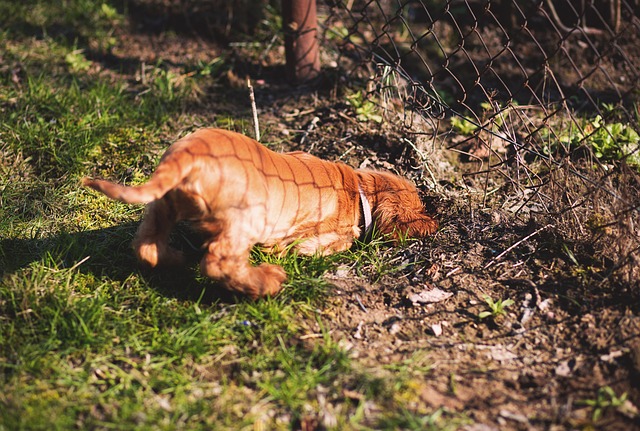 Shutterstock
Shutterstock
One of the main reasons dogs dig is to create a cool and comfortable resting spot. On hot days, dogs will instinctively dig into the dirt to reach cooler layers beneath the surface, creating a natural “cooling pad.” This behavior is particularly common in dogs with thick fur coats. It’s their natural way of regulating body temperature, providing relief from the heat. If your dog is prone to digging in warm weather, they’re probably just looking for a more comfortable place to lounge.
Hunting Instincts
 Shutterstock
Shutterstock
For many breeds, especially those with a high prey drive, digging is all about satisfying their hunting instincts. Dogs like terriers, who were bred to hunt small animals, may dig in pursuit of rodents or other underground creatures. Even if there’s no prey around, the scent of past burrowers might trigger a digging frenzy. Your dog is likely following their nose, convinced that something is hiding beneath the surface. This behavior is a throwback to their wild ancestors, who relied on digging to capture prey.
Storing Food (Even When There’s No Shortage)
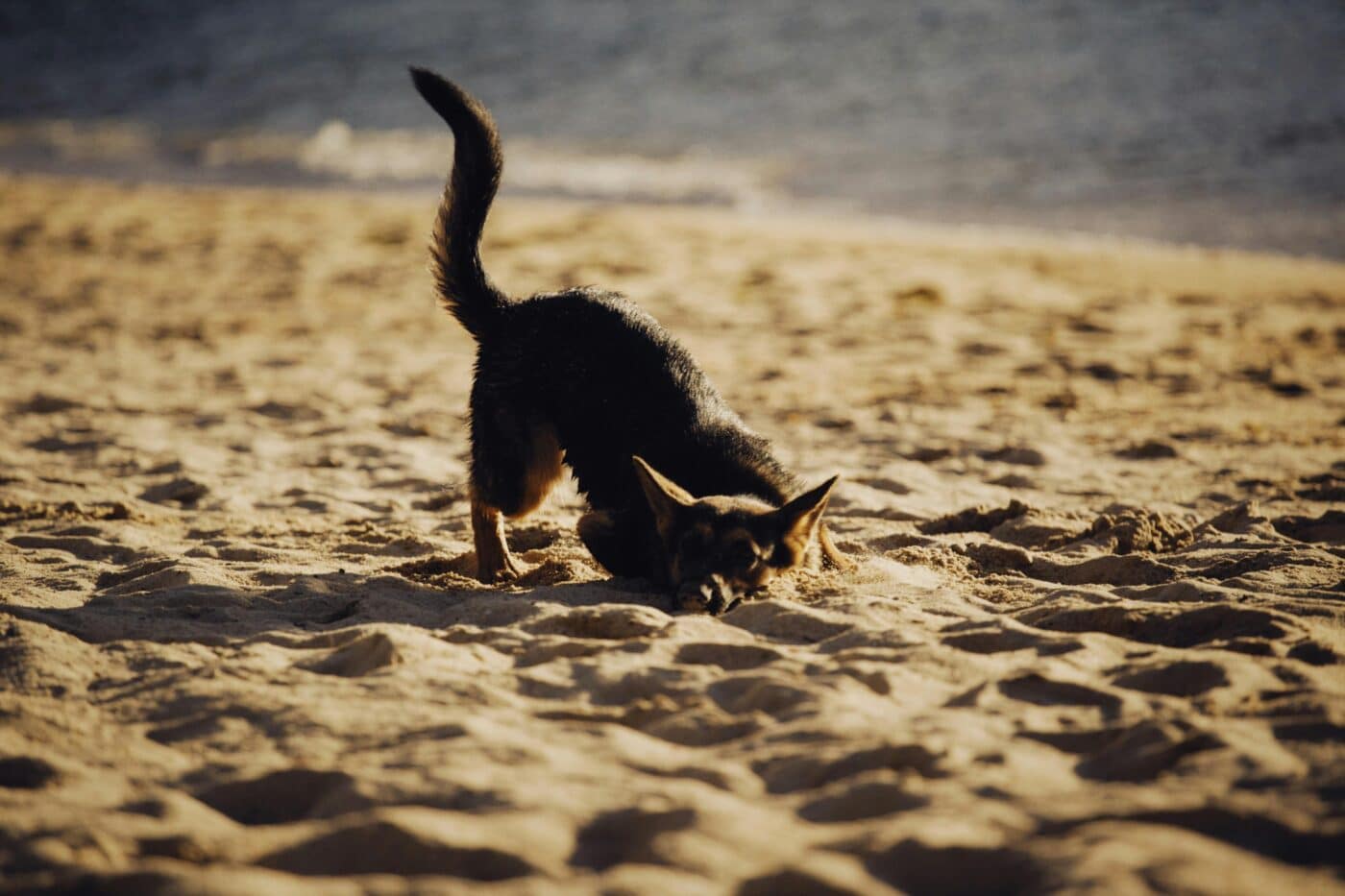 Shutterstock
Shutterstock
Dogs are natural hoarders, and digging is part of their instinctual need to store food for later consumption. While modern dogs don’t need to hide their meals for future survival, they still retain this behavior. Many dogs will dig to “bury” a treat, toy, or other prized possession. This habit is a holdover from their wild days when food was scarce and needed to be hidden for later. So if your dog is digging in odd spots, they might just be trying to stash something for a rainy day!
Boredom and Anxiety
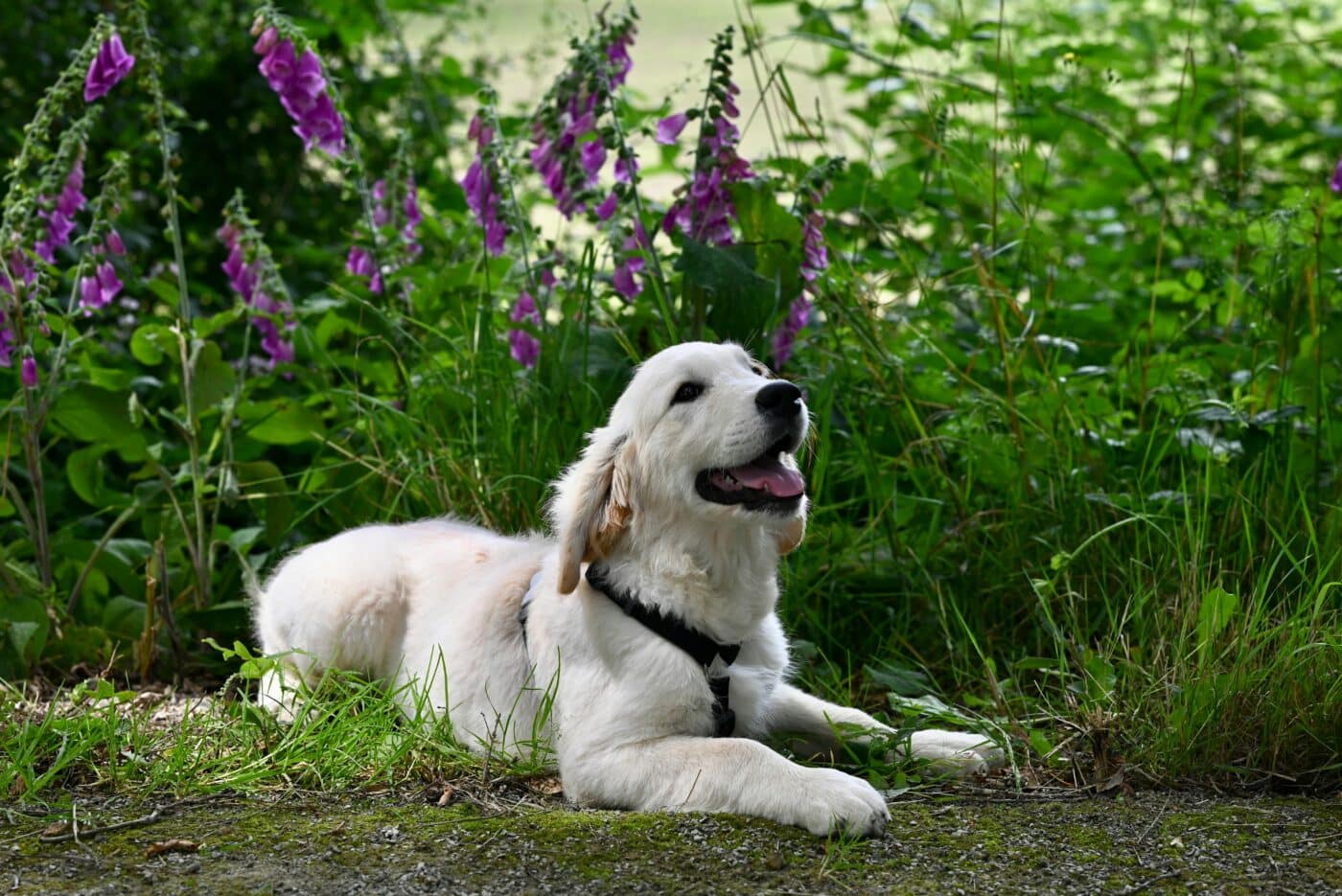 Shutterstock
Shutterstock
When dogs don’t get enough physical or mental stimulation, they can turn to destructive behaviors like digging. Digging is one way for dogs to burn off excess energy or alleviate anxiety. This is especially true for dogs left alone for long periods or those that don’t get enough exercise. Digging provides a form of entertainment and release, even if it’s less than desirable for your lawn. To curb this behavior, try increasing your dog’s playtime, exercise, and providing mentally stimulating toys.
Creating a Den
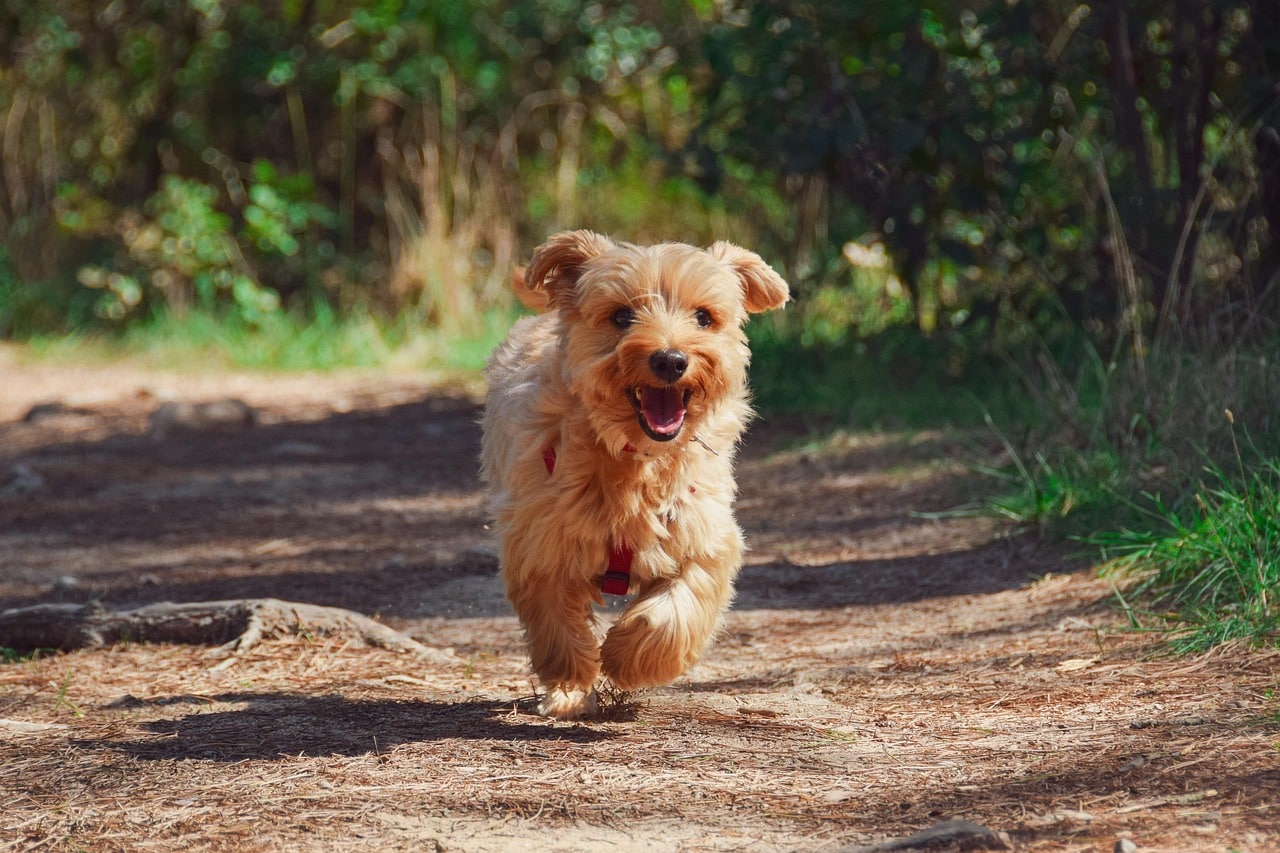 Shutterstock
Shutterstock
Dogs are den animals by nature, and digging can be their way of creating a safe, enclosed space. In the wild, dogs dig dens to protect themselves from predators and harsh weather conditions. Even domesticated dogs carry this instinct, especially when they’re looking for a comfortable place to rest. If your dog is pregnant or nesting, you may notice this behavior as part of their instinct to create a safe space for their puppies. Providing a cozy bed or crate can help satisfy this denning instinct indoors.
Marking Territory
 Shutterstock
Shutterstock
Dogs have scent glands in their paws, and digging is a way to mark their territory. When your dog digs, they leave behind their scent, signaling to other animals that the area belongs to them. This behavior can be intensified if your yard is frequented by other dogs or animals. Repeated digging in the same spots might be your dog’s way of reinforcing their claim on that territory. It’s a subtle yet effective way of saying, “This is my space.”
Exploring the Outside World
 Shutterstock
Shutterstock
Curious and adventurous dogs may dig simply to explore the world around them. If your dog starts digging near fences or gates, they might be trying to escape the yard for an outdoor adventure. This behavior is particularly common in active and intelligent breeds who are easily bored or left alone for too long. Installing barriers or giving your dog more opportunities for safe exploration can help prevent escape-digging.
Seeking Attention
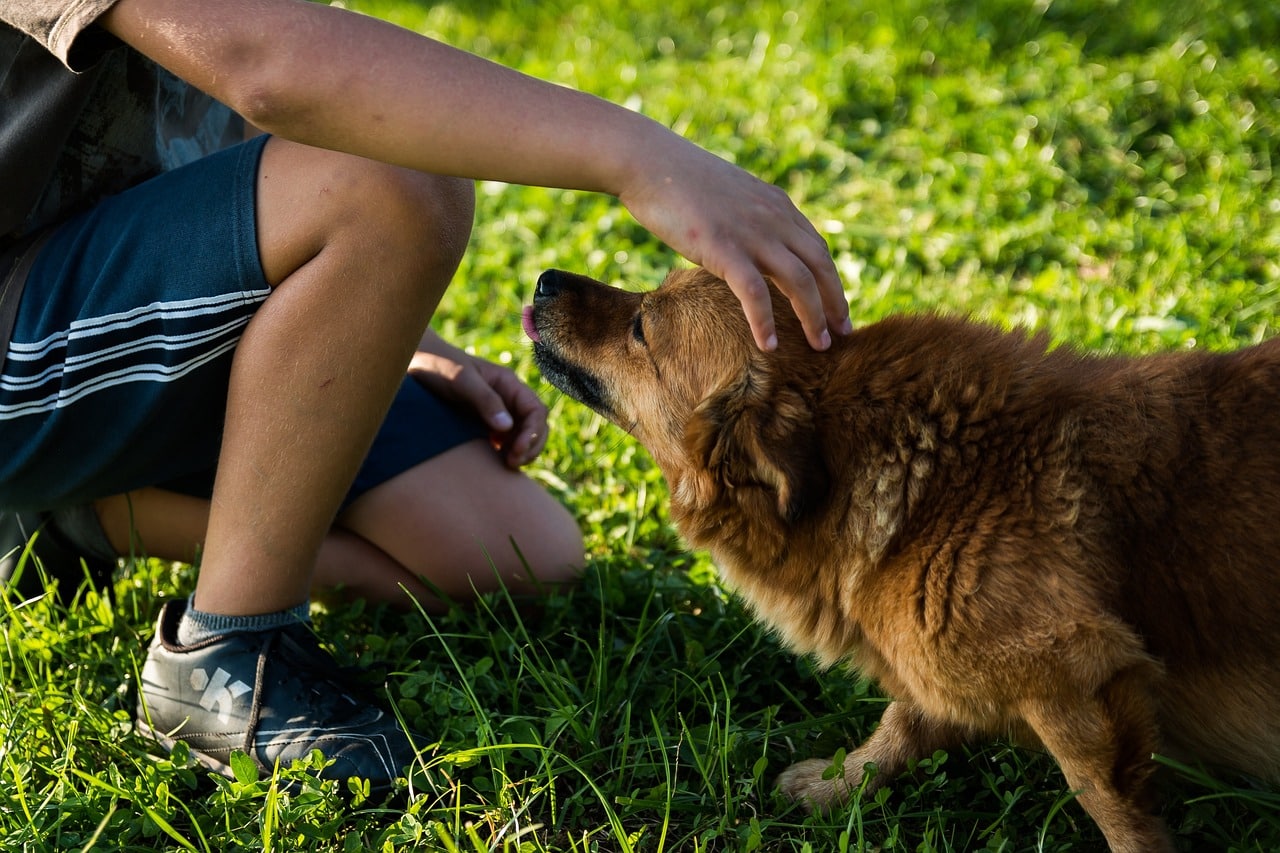 Shutterstock
Shutterstock
Some dogs learn that digging is a surefire way to get their owner’s attention. Whether the reaction is positive or negative, attention-seeking dogs will often continue digging if it results in a response from their owner. If your dog starts digging and then looks to you for a reaction, they may be using the behavior to get you involved. The best way to combat this is to provide positive reinforcement for good behavior and redirect your dog’s energy with toys or playtime.
Just for Fun!
 Shutterstock
Shutterstock
Finally, sometimes dogs dig simply because it’s fun! For dogs that enjoy being active and playful, digging can be an exciting way to release energy. It’s physically stimulating and gives them a chance to engage with their environment. If your dog loves to dig for the sheer joy of it, providing a designated digging area in your yard can allow them to indulge in this natural behavior without damaging your landscaping.
The Real Dirt on Why Your Dog Digs
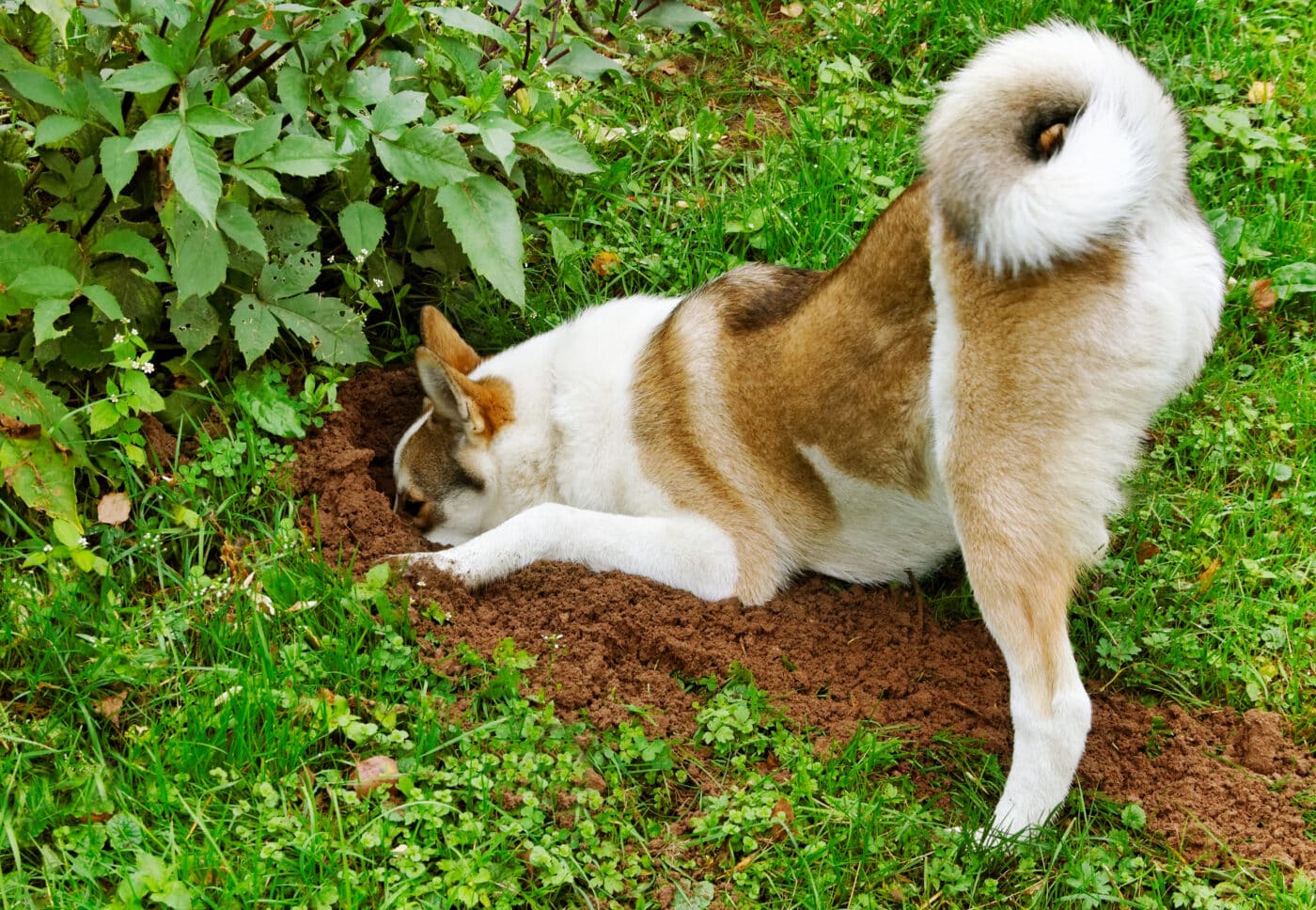 Shutterstock
Shutterstock
When your dog digs up half the yard, it’s not just about hiding bones. Whether they’re trying to cool off, chasing an intriguing scent, or simply having a great time, digging is deeply ingrained in their DNA. It’s a natural behavior that taps into their instincts. While it can be frustrating to see your garden turned into a digging zone, at least they’re not unearthing buried treasure—yet! By understanding why your dog digs, you can manage the behavior while keeping your dog happy and your yard intact.
 Toledo, United States.
Toledo, United States.